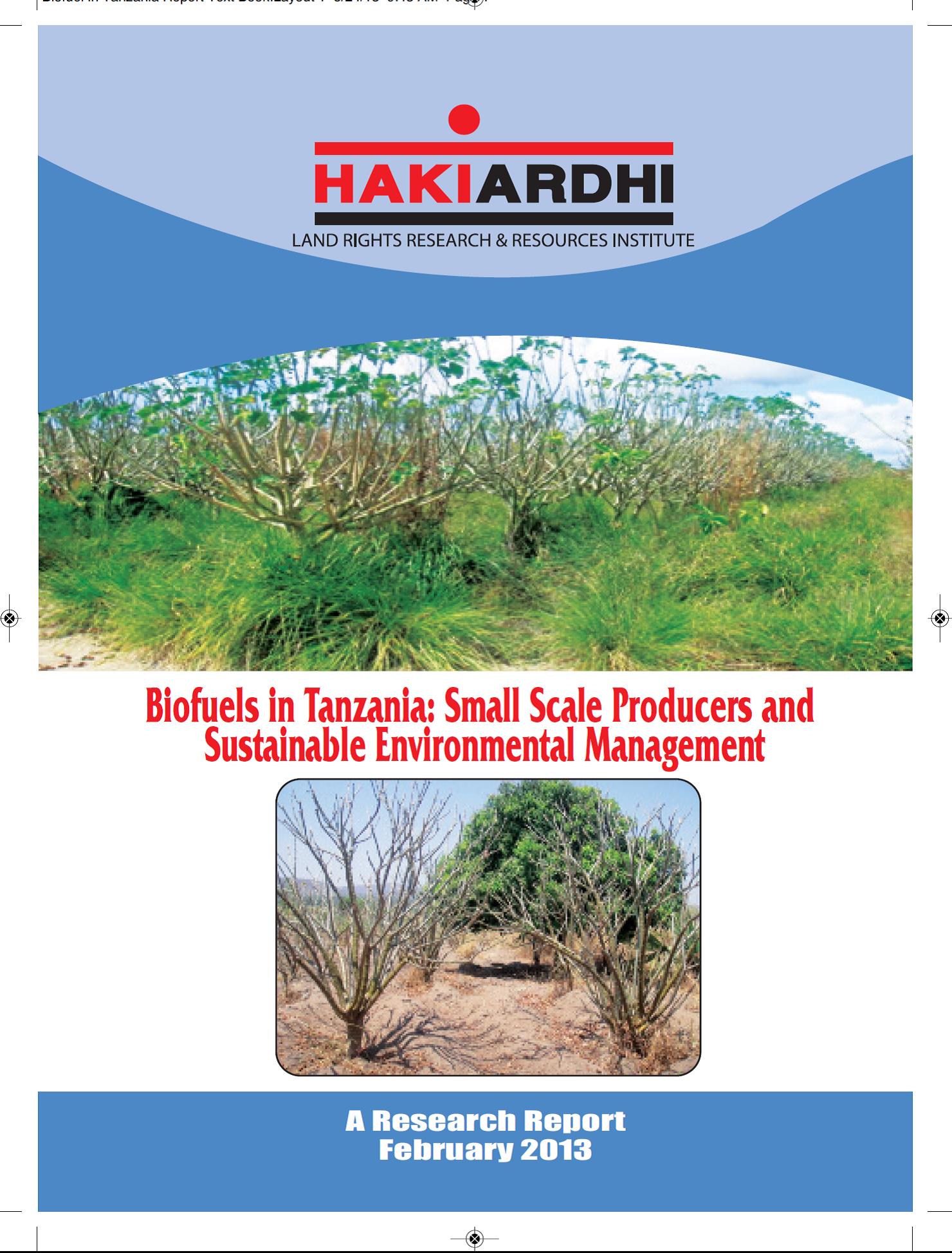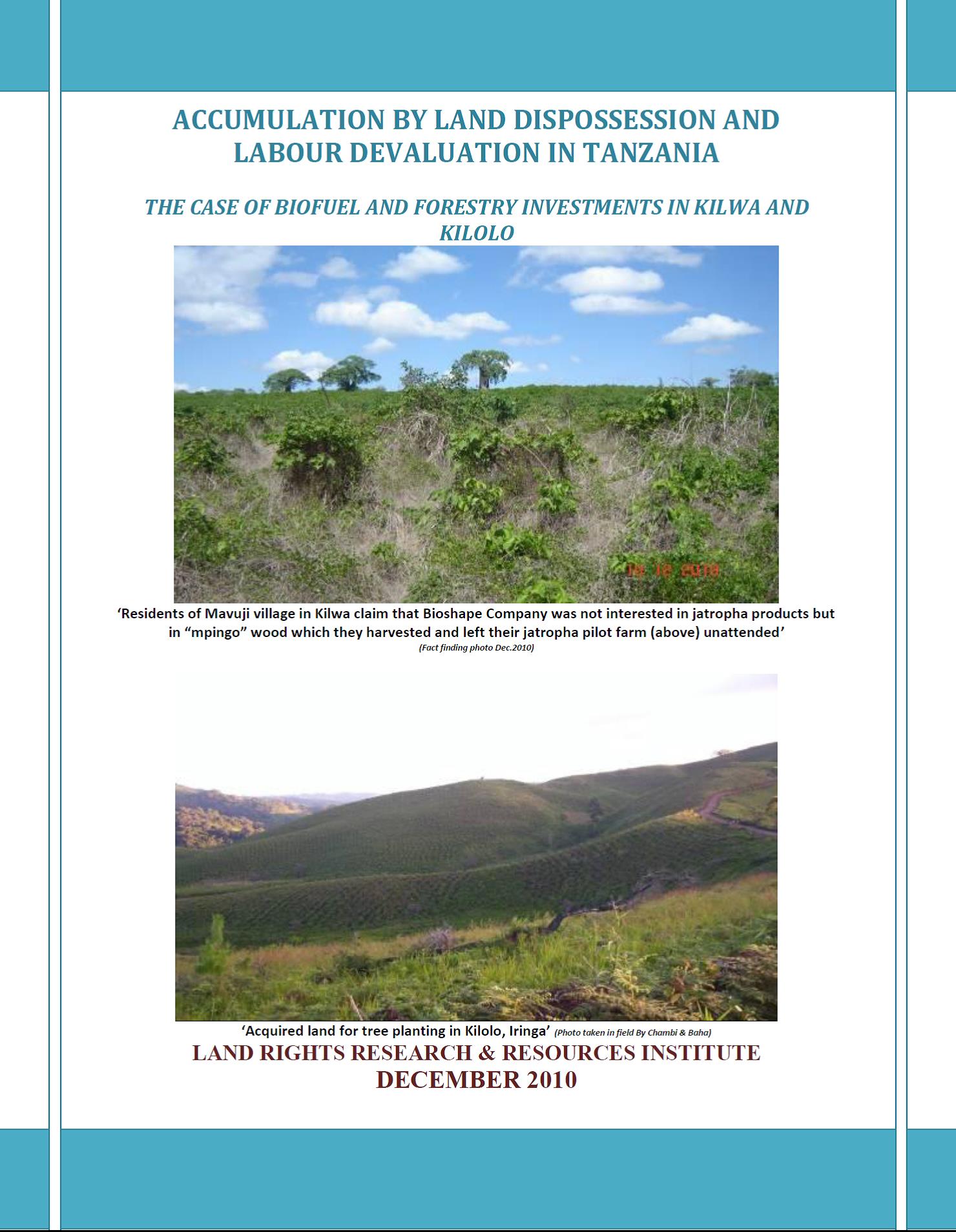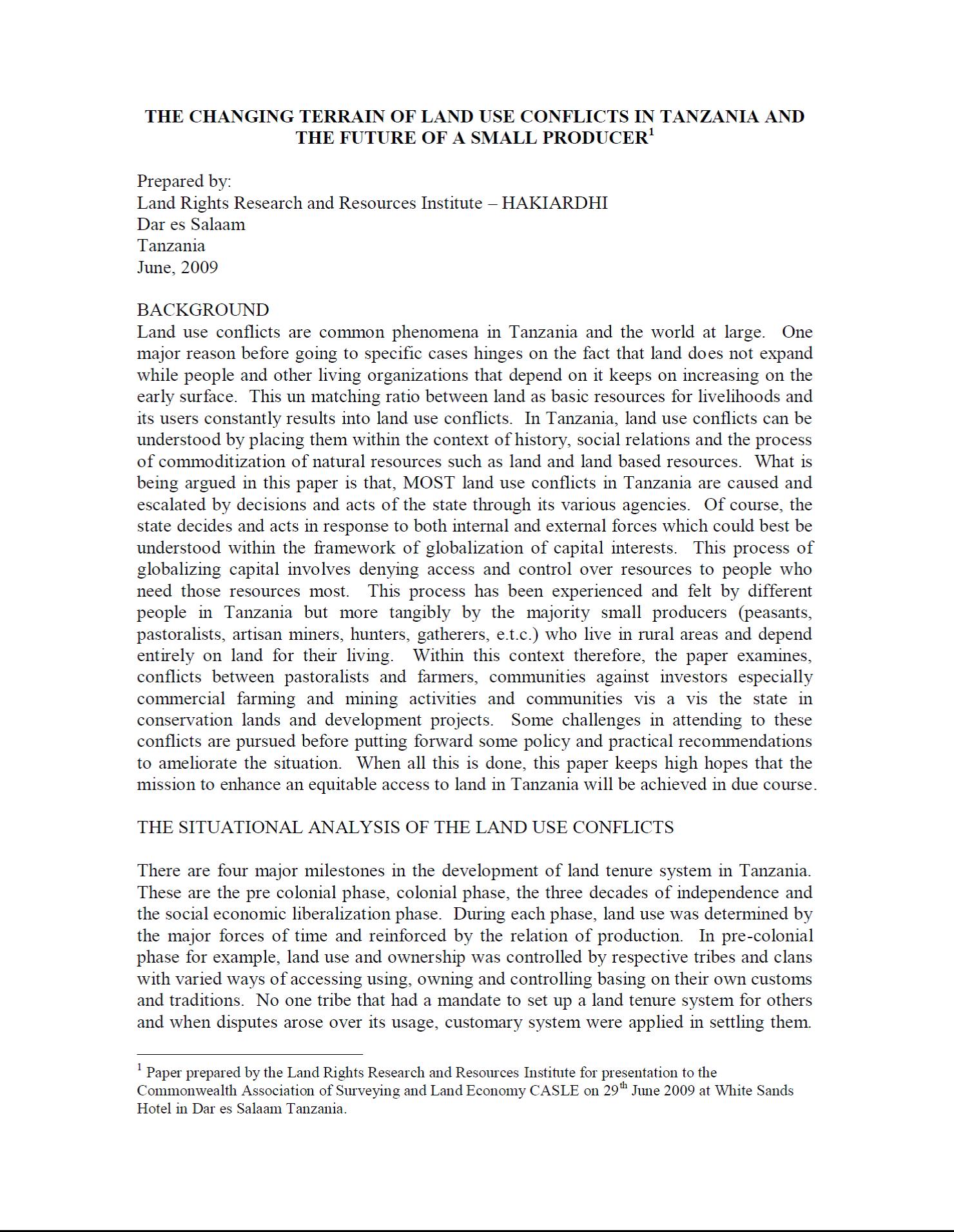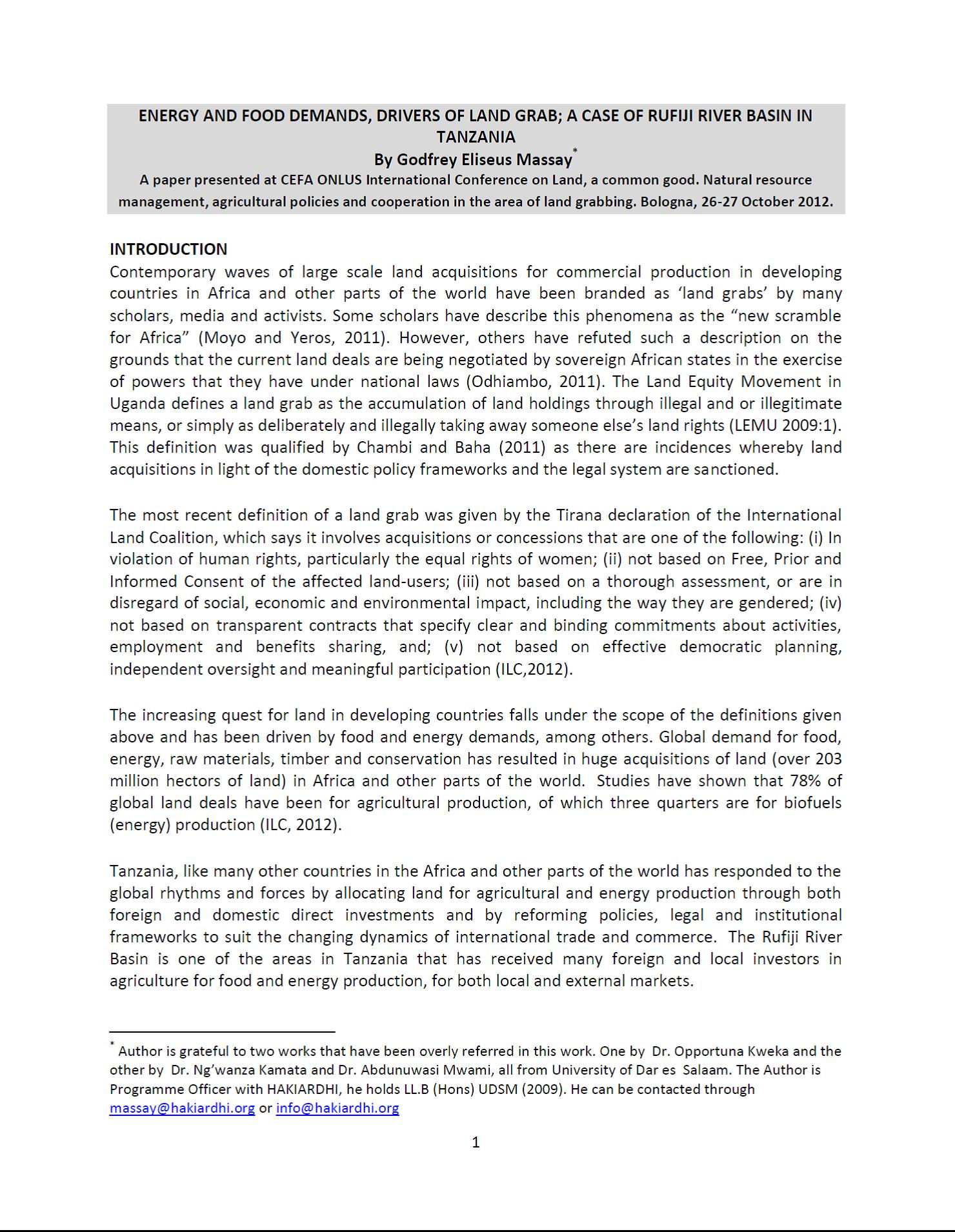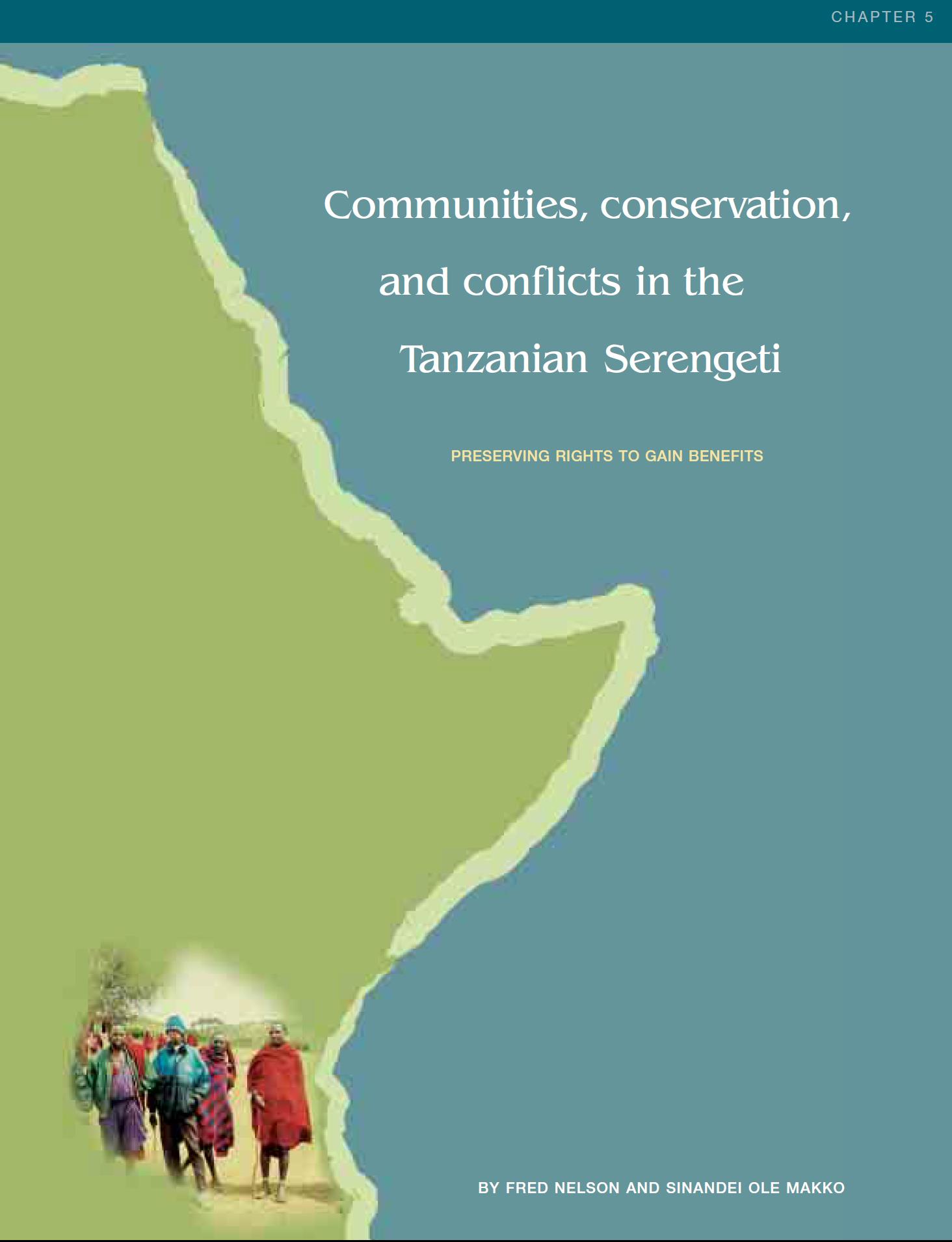Investigative Report on Biofuel Investments
Increasing investments in biofuel production follow a shift of energy demand,in developed nations from fossil fuel to bio energyto run machines. Consequently, there has is an accelerated influx of investors from the Europe, Asia and Americain quest for productive and fertile lands.
Proponents of the biofuel investments say the investment will improve among other things, agricultural production, add value to local products and markets and improve social services such as roads infrastructure, health facilities, clean water supply and education.


